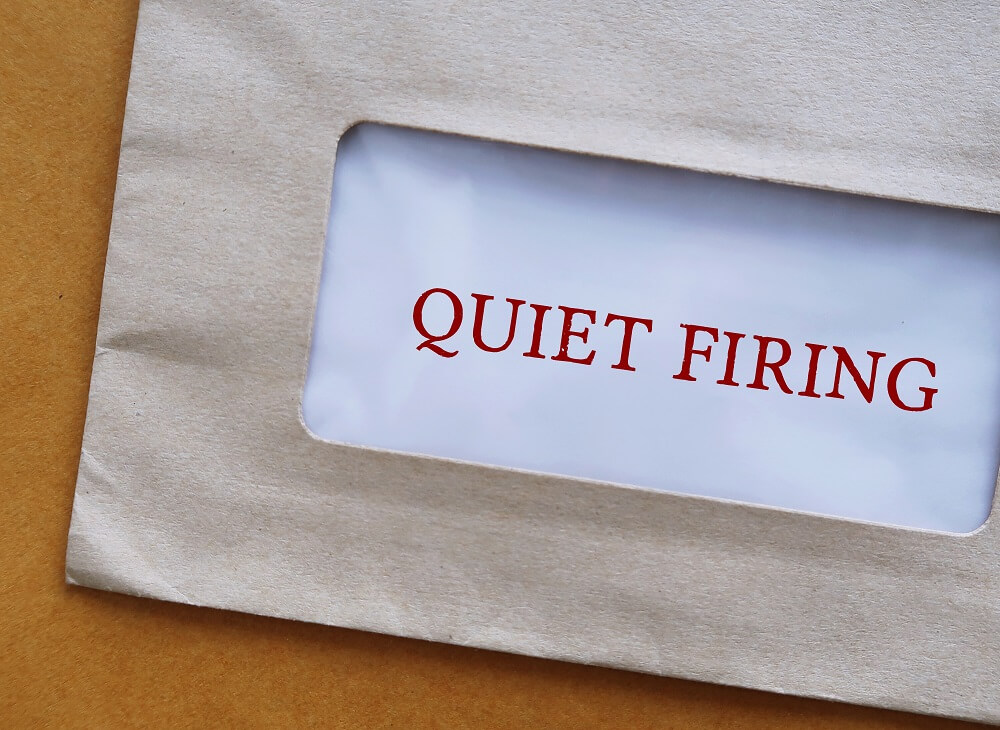What can effective line management achieve for your business and how can you increase its impact within your company? In this article we will discuss how the work of a line manager contributes both to business growth and staff wellbeing and retention.
When you analyse what line management does for your organisation, you will need to consider several aspects. Starting with business operations, setting employee targets and employee development, each line manager contributes towards the success of the company.
The question to ask yourself is how you can improve your business structure to increase efficiency and staff morale. Your line managers hold the key to this process.
We can help with HR advice on how to make the most of your staff line management. Call us today on 0808 501 6651.

What is meant by line management?
'Line management' refers to handling the work of staff directly involved in the production or delivery of services.
A line manager directly supervises and coordinates the work of employees and teams. They in turn report to higher-level management on the performance of these teams, as well as on the needs of the employees.
Your business growth will rely on how well your line management supports your organisational structure.
In simple terms, line management relies on how well each department leader understands how their team contributes to the business. This involves several layers of complexity, as team performance also depends on several nuanced factors. A highly skilled, highly trained, but demotivated team will not perform at their best. The same goes for a great team that lacks the technology they need to achieve and even beat their targets.
With that in mind, let’s look at what the responsibilities of a line manager are.
The responsibilities of a line manager
As the first level of management above front line workers, a line manager supervises the work of their department. They do this by putting systems and processes in place, measuring how these systems work, reporting, and reviewing.
This might still sound rather broad, so let’s drill down to the different aspects of their role within a business.
Line management includes the following responsibilities:
- Communicating objectives to employees.
- Assessing and reporting on performance.
- Managing the day-to-day activity of front-line workers.
- Managing operational costs.
- Establishing work patterns such as rotas and allocating work.
- Conducting reviews (quarterly, annually).
- Conducting interviews and hiring.
- Holding staff meetings (including one-to-ones).
- Coaching and mentoring staff, as well as supporting their professional development.
- Managing staff conduct through disciplinary procedures if necessary.
Depending on the level of management and how many people and teams they manage, line managers could oversee additional operational aspects. Whilst this isn't an exhaustive list of responsibilities, it should still give you a better idea of the real weight line management carries within your business.
Possibly the biggest benefit to gain from effective line management is increased staff retention. Put it this way - a good line manager will know what each employee struggles with and what help they need. They will ensure each worker receives the support that helps them perform well. And they will ask for additional support from higher management.
With the employment market changing under pressure from an ageing population, skill gaps, and industry shifts, this skillset is vital to any company's future.
Consider how valuable your line managers are for your company. Use our salary benchmarking tool to offer them a competitive pay for their efforts.
Understanding your service line management structure
Each business relies on several hierarchies of management, from the company CEO to front line workers. Bigger companies use a more complex structure, that includes higher, middle, and first-line management.
A first line manager or a direct line manager refers to the same position. They manage employees who don’t have supervising responsibilities themselves.
You can also have a middle line manager who takes responsibility for bigger teams, but does not directly supervise individual workers. It represents the step between team leaders and higher management, with titles such as head of department.
A middle line manager converts the overall strategy of the company into relevant approaches for the teams in their department. They convert it into programmes for line managers to then break further down into objectives for each individual.
This layered approach combines the benefits of a bird-eye view with those of a worm’s-eye view. It balances the bigger picture against the minute details on which the smooth running of any organisation depends. Losing track of these details could negatively impact business growth in the long run.
Additional line management structures
While including different levels of management within your company looks ideal, not all businesses can do that.
Many small organisations or start-ups rely on a flat line management structure, with less or no middle management. With fewer employees, they need less layers to manage them. The last thing any business wants is to employ a manager for, let’s say, every two employees. It would simply not be feasible or profitable.
Some companies also use a dotted line manager. This is a project manager who supervises the delivery of that specific project, but doesn’t directly manage the staff working to complete it.
How to support your line managers
Think of it this way - A line manager directly assesses the performance of the employees they supervise. They know the strengths and weaknesses of the whole team, and how they perform. This also means that they assess what workers need to perform better and improve.
A team’s performance depends not only on the equipment they use and the training they get. It also relies on the wellbeing and motivation of every team member. And this is where a good line manager will make a real difference.
Providing support and mentorship, whilst keeping workers motivated through highly demanding times is not a walk in the park. It takes honed people skills over and above evaluative and analytical ones.
At the same time, they enable HR policies and also identify training needs within their team. So, their work proves vital for the HR department.
How about HR supporting line managers?
When facing difficulties with an employee and their performance, your team leaders will need support in dealing with such situations. You shouldn’t expect them to specialise in employment law or HR, as their role is specific to the department.
Let us alleviate any concerns and difficulties at line management level. Our professional mediators will provide all the support you need with workplace conflict. At the same time, they can offer advice on how to improve the way you manage your employees.

Get 24/7 HR advice
Your day-to-day business operations depend on how well your workforce is managed. Even through difficult situations, such as a grievance or disciplinary procedures, you should rely on your line management to help move things forward in a positive manner.
Give your line managers the support they need. We are here to help every step of the way. Call our 24/7 HR advice line today on 0808 501 6651.
Related resources
Categories
- Business Advice
- Culture & Performance
- Disciplinary & Grievances
- Dismissals & Conduct
- Employee Conduct
- Employment Contracts and Documentation
- Employment Law
- Employment Rights Bill
- End of Contract
- Equality & Discrimination
- Health & Safety
- Hiring and Managing
- Leave & Absence
- Managing Health & Safety
- Moving
- Occupational Health
- Pay & Benefits
- Recruitment
- Risk & Welfare





